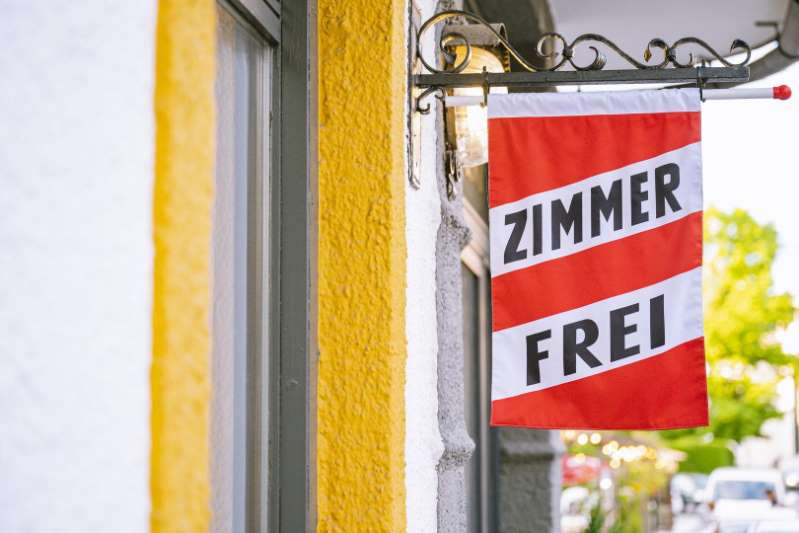The Supreme Court overturned the judgments of the first two instances.

The Supreme Court (OGH) has issued a landmark judgment in a legal dispute between a Vorarlberg hotel and an insurance company. The insurance company refused to fully cover the downtime caused by the coronavirus. In the first two instances, the courts followed the hotel's arguments, the Supreme Court now decided in favor of the insurance company, reported the “Wirtschaftspresseagentur.com” .
According to the hotel's business failure insurance (amounting to 100,000 euros), a business closure for 30 days had to be covered on the basis of the Epidemic Act. The insurance only paid for the first twelve days (40,000 euros), it did not pay for the other days.
Different interpretation
The insurance company relied on the fact that the company closure ordinance based on the Epidemic Act had been repealed in March 2020 after the first twelve days. Thereafter, an entry ban for accommodation establishments came into force by ordinance. This was based on the Covid-19 Measures Act, not the Epidemic Act.
In the first judgment of the Feldkirch regional court it was said that the entry ban was equivalent to a factual closure of the company and that the ordinance served to prevent the spread of Covid-19.
difference
However, the Supreme Court did see a difference between a company closure in accordance with the Epidemic Act and a ban on entry as a result of an ordinance by the Vorarlberg governor based on the Covid 19 Measures Act. Especially since both laws exist in parallel and that must have a meaning.
For hotel lawyer Linus Mähr, the decision of the Supreme Court was incomprehensible. “If a hotel is forbidden to enter, then it is probably like a closure in accordance with the natural sense of right of the population,” he said.

